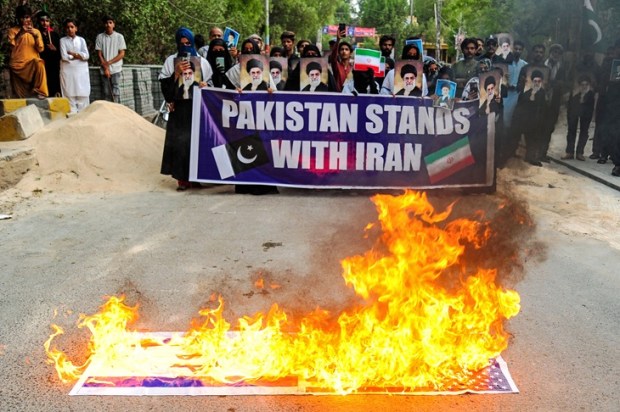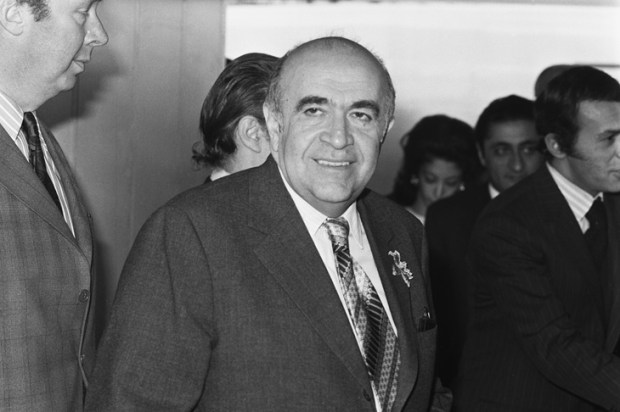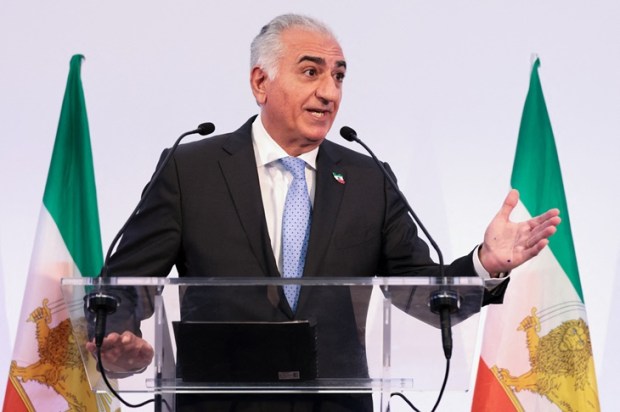For more than four decades in exile, Crown Prince Reza Pahlavi has been recognised as the most prominent figure of the Iranian opposition a leader who has consistently defended freedom, democracy, and human rights for the people of Iran.
By maintaining broad connections with compatriots both inside and outside the country, and through regular meetings with policymakers, civil society activists, and student groups, he has remained a clear voice of protest against repression and human rights violations in Iran.
His political and social outlook on the future of Iran is clearly reflected in his published works.
To date, Reza Pahlavi has authored three books: Gozashteh va Ayandeh (2000), Winds of Change: The Future of Democracy in Iran (2002), and Iran: L’Heure du Choix (Iran: The Hour of Choice, 2009).
These works not only critique the current system but also present clear and strategic pathways for Iran’s transition toward a free, democratic, and rights-based society.
He is the founder and spokesperson of the National Council of Iran, an exiled body bringing together a wide spectrum of pro-democracy, republican, and constitutionalist forces. In February 2025, by consensus of parts of the opposition, Reza Pahlavi was chosen as the leader of Iran’s Transitional Government a crucial responsibility he will carry until the formation of a National Assembly and the holding of free elections.
At the same time, Crown Prince Reza Pahlavi has been a key supporter of the Iran Prosperity Project (IPP), a strategic initiative launched by the National Union for Democracy in Iran (NUFDI) to design an economic roadmap for Iran after the Islamic Republic. The project is built on ‘Ten Principles for a Thriving Economy’, which emphasise transparency, anti-corruption, stability, and sustainable growth.
At the official unveiling of this project on April 30, 2025, in Washington, DC, Pahlavi described it as ‘a practical roadmap for rebuilding Iran from day one’.
In recent years, he has played an active role as a speaker at major international conferences and, in media interviews, has repeatedly outlined the vision of a free and democratic Iran. In diplomatic meetings with global policymakers, he has worked to bring the demands and aspirations of the Iranian people to the international stage, presenting the true face of their struggle.
Over more than 46 years of political engagement, he has consistently stressed a peaceful transition away from the Islamic Republic and rejected all forms of violence or foreign military intervention.
Like his father before him, he believes that political legitimacy cannot be built on the blood of innocent people. During the 12-day war between the Islamic Republic and Israel, Pahlavi called on Iranians to remain calm and organised in their protests, while also emphasising the readiness of the Transitional Government for the day of regime collapse.
Through a national initiative known as ‘National Cooperation’, he was able to rally a number of military officers and armed forces personnel who no longer wished to serve the Islamic Republic, inviting them to join the struggle for Iran’s liberation and the defence of its people. This ability to foster national unity has strengthened his role as a political leader and symbol of solidarity.
Today, for many Iranians especially the younger generation who sacrificed their lives in the streets for freedom Crown Prince Reza Pahlavi is seen not only as a ‘Second Reza Shah’ but also as a compassionate father figure: one who, with love for his homeland and faith in its people, continues to carry the banner of freedom and the vision of rebuilding Iran’s future.
By Leila Naseri: Author | Composer | Social Monarchy Activist

























